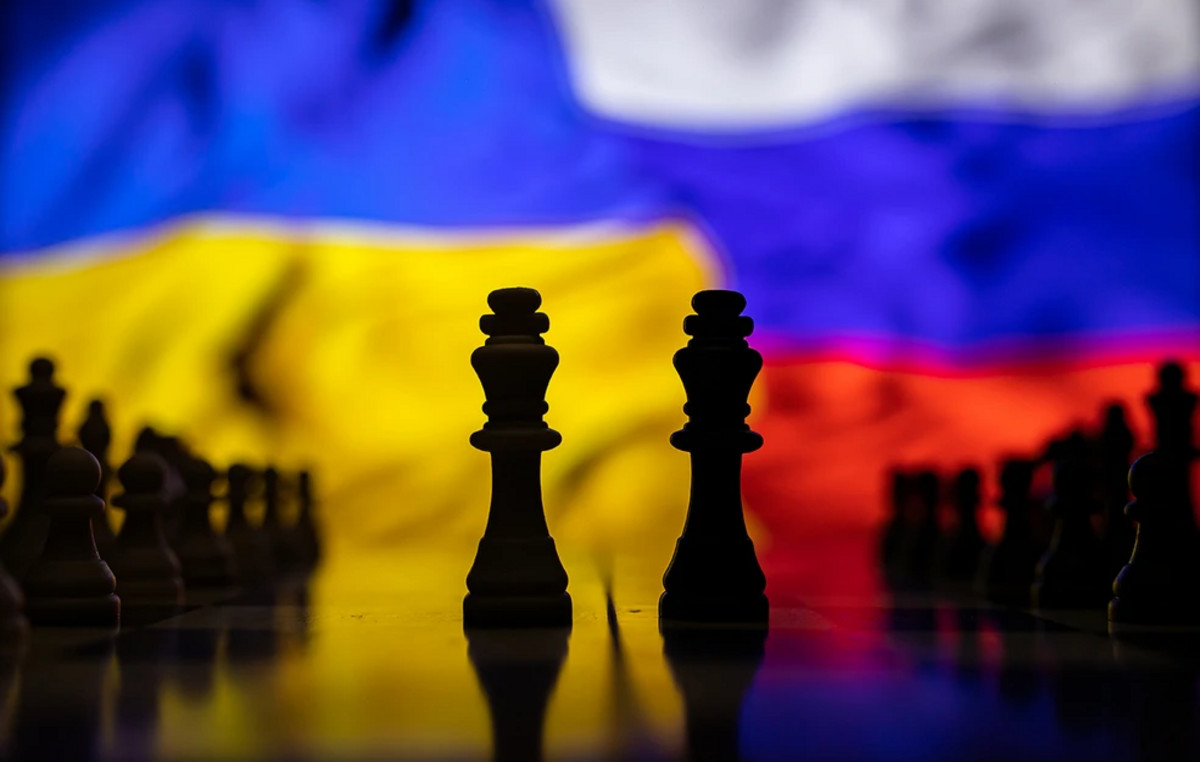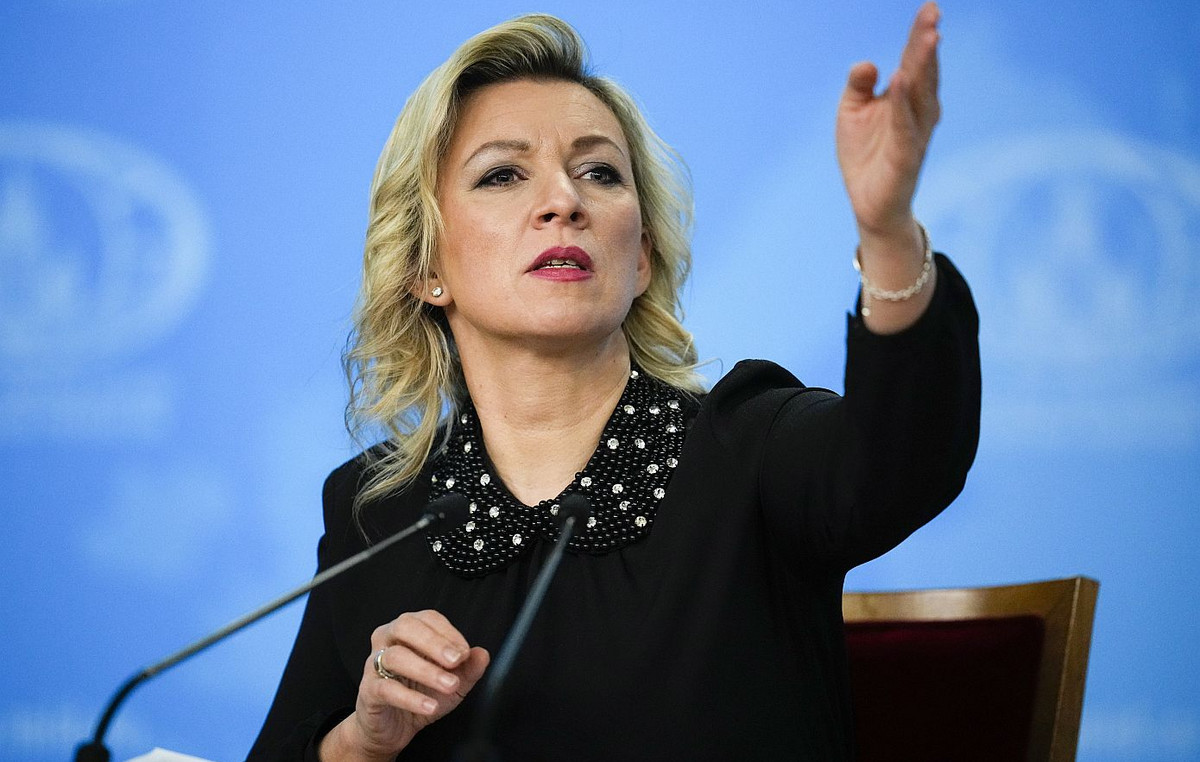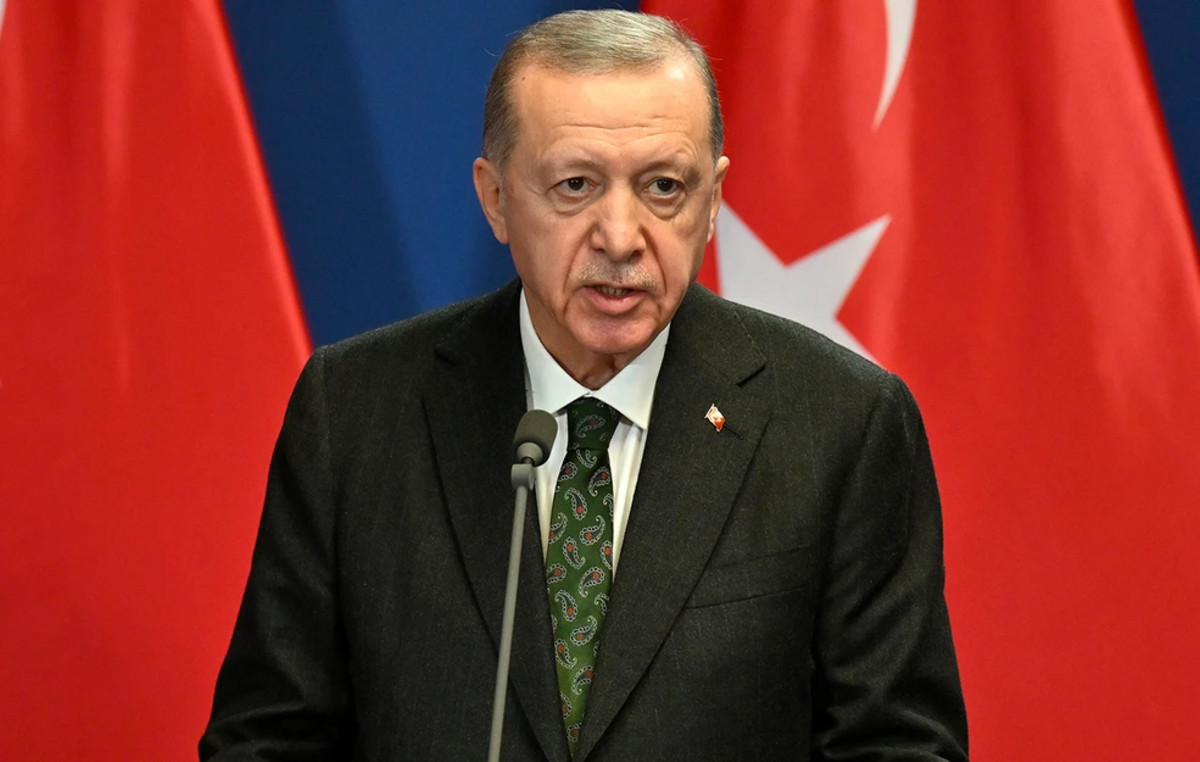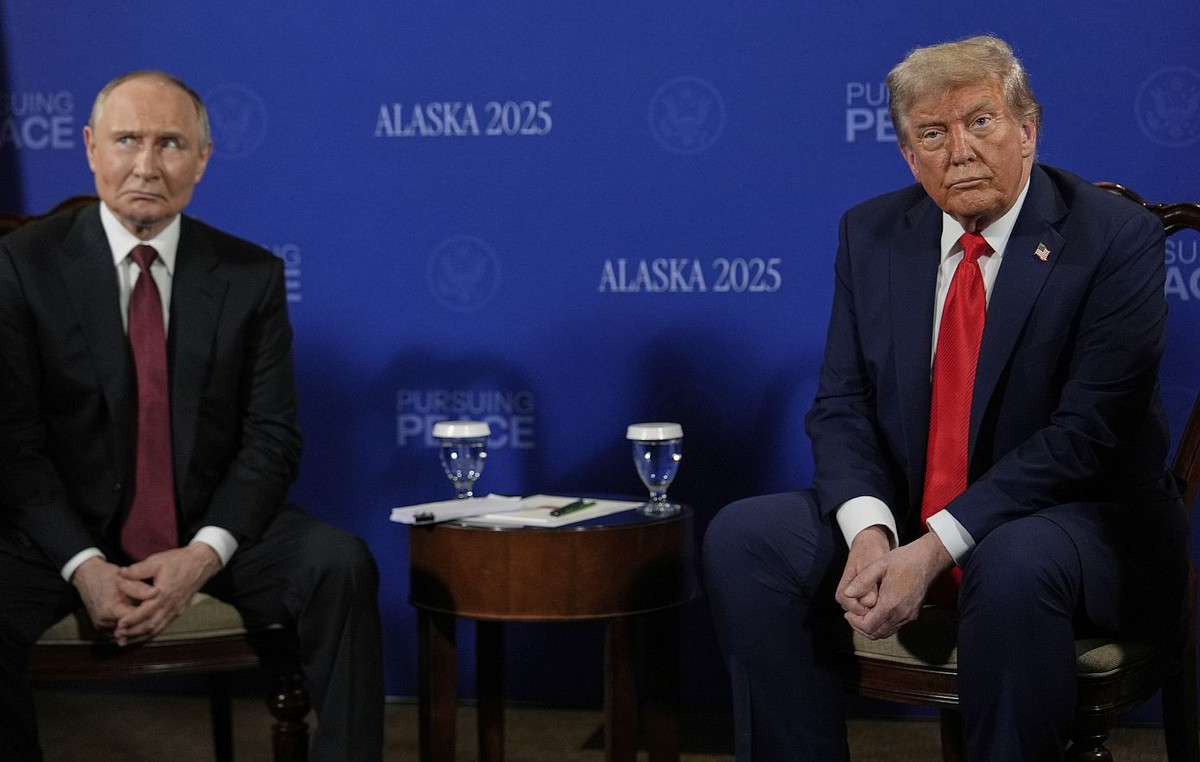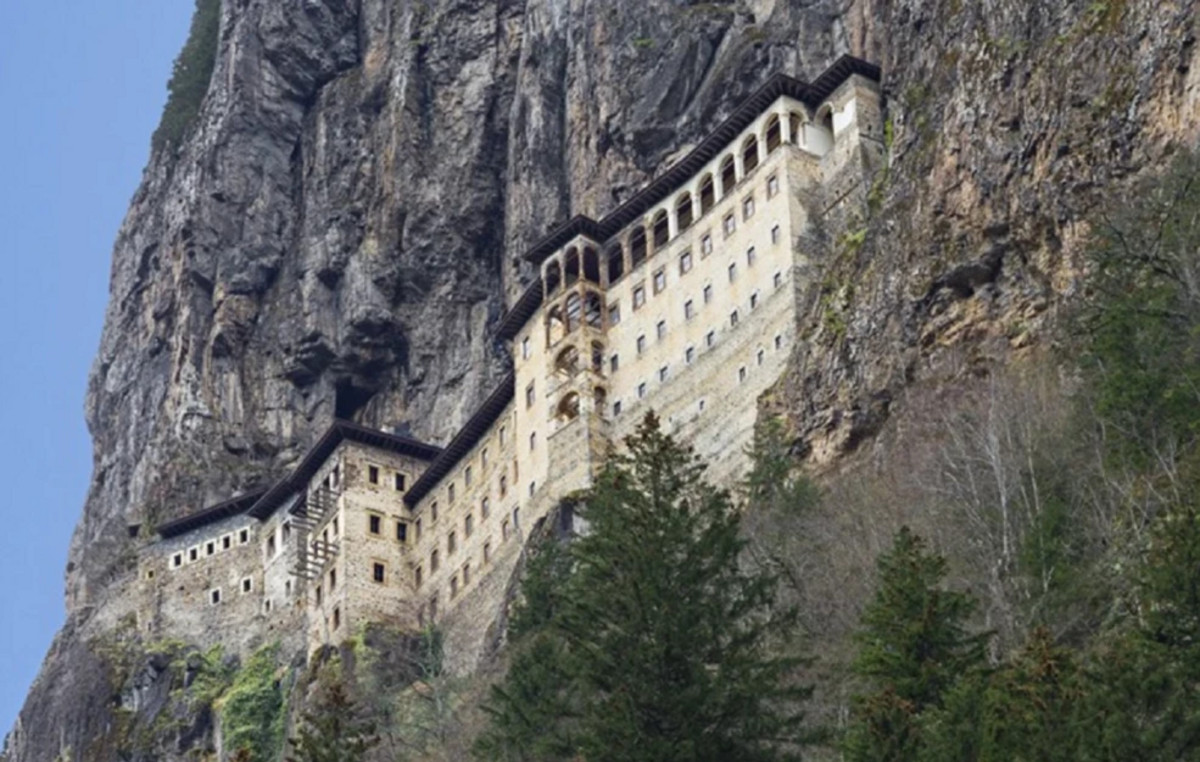LAST UPDATE: 16.27
Prime Minister Kyriakos Mitsotakis, accompanied by a government delegation, paid his first official visit to Romania.
The Prime Minister had talks with Prime Minister Nicolae Ciucă, while he was received by President Klaus Iohannis.
During the meeting between the Prime Minister and the Romanian Prime Minister Mr. Ciucă, the mutual desire of the two sides for further upgrading and strengthening of bilateral relations and bilateral cooperation was confirmed, especially in the fields of economy, trade, energy, tourism and defense. .
Mitsotakis and Ciuca also discussed issues of coordination and cooperation, especially in the field of energy and in the context of the tripartite cooperation Greece – Romania – Bulgaria, which is becoming more urgent today than ever.
Issues of co-operation in regional international organizations and in NATO were also discussed, as well as the prospects of trilateral co-operation with the participation of Bulgaria.
The two leaders exchanged views on developments in regional and international issues, with an emphasis on the latest developments in Ukraine.
The Prime Minister reiterated that Greece is in full coordination with partners and allies, while emphasizing that the violation of international law by Russia and the revised approach to redrawing borders is dangerous.
Special reference was made to the Immigration and the policy applied by Greece. Kyriakos Mitsotakis noted that Greece was the first victim of the use of immigration to achieve political goals in March 2020.
Kyriakos Mitsotakis informed his interlocutors about the escalation of the Turkish provocation through statements and actions, which are blatantly contrary to International Law, directly challenge International Treaties and have already been condemned by the EU. and USA. The Prime Minister reiterated our country’s firm commitment to open channels of communication and constructive dialogue based on international law.
After their meeting, the two Prime Ministers signed a Joint Declaration for the further promotion of bilateral economic and political cooperation between Greece and Romania.
During the official visit of the Prime Minister, a Memorandum of Understanding on Civil Protection was also signed by the Minister of Climate Crisis and Civil Protection, Christos Stylianidis, and the competent Romanian Minister.
The full statement of the Prime Minister, after the meeting with his Romanian counterpart, is as follows:
Mr Prime Minister, dear Nicolae, it is a great pleasure for me to be in Romania today. A friendly country with which we are neighbors, we are partners, we are allies with relations that -as we discussed- are lost in the depths of the centuries and with a milestone, of course the first sparks of the struggle for Greek Independence that ignited here in Romania. Like the action of our national benefactors, who grew up in Romania leaving us a heavy legacy.
As you can see, we have had the opportunity to discuss many issues related to our bilateral relations. But we have devoted considerable time to international security issues, as my visit is, unfortunately, in the shadow of the Russian Federation’s decision the day before yesterday to recognize the unilateral declaration of independence from the self-determined republics of Donetsk and Luhansk. But unfortunately also the decision to send troops to Ukrainian territory.
These are moves that blatantly violate international law, Ukraine’s territorial integrity and the Minsk agreements. They are expressions of revisionism that endanger global security and stability.
And from this step I would like to reiterate that a fundamental principle of Greece’s foreign policy is respect for the territorial integrity, sovereignty and independence of all states. We therefore condemn – and in this we found ourselves in complete sympathy with our friend the Prime Minister of Romania – unequivocally, initiatives that run counter to these values. Both as member states of the European Union and NATO, we coordinate with our partners so that our reaction is not only common but also substantial.
Greece has an additional reason to watch with great concern what is happening in eastern Ukraine because, as you know, in this area lives a Greek community, whose history goes back more than 20 centuries. Our main concern, then, is the support of our expatriates in Ukraine and that is why the Ministry of Foreign Affairs is on constant alert in this direction.
Recent events, of course, raise issues of international security and the questioning of borders and treaties to which the world community and, above all, our European family are called upon to respond. After all, we in Europe know very well that violence and instability have never favored anyone.
At the same time, additional challenges arise that we have had the opportunity to discuss, such as energy efficiency. In our country we have taken all the necessary measures so that the supply of the country with natural gas remains safe and continues smoothly.
But I think we need to draw the first three conclusions from this crisis. The first is that the transition to a green economy must not be slowed down, but must be accelerated in such a way, however, that it does not hit the weakest households and European businesses.
The cheapest source of energy today is green energy. And it’s our duty to expand not only our energy sources in terms of production, but also our short-term, medium-term gas supply, reducing our dependence on Russia. Here, too, there is considerable scope for cooperation with a country like Romania, which itself produces natural gas and has the potential to produce even more in the future.
The second conclusion is that in the short term it is very important at European level to have exceptional support measures for European consumers and European companies, as all countries today in one way or another subsidize consumers to cope with large increases in prices. energy.
We need a European response to a problem facing all countries, the Member States. Each has its own way of dealing with it but for all countries it is a problem which is extremely financially painful and I intend to raise this issue at the next European Council.
And the third conclusion, of course, is that all this debate – which is already taking place at European Union level and will be of concern to us at the next European Summits – on the issues of Europe’s strategic autonomy, this debate is, unfortunately, increasingly and more relevant.
I now come to the bilateral issues which we had the opportunity to discuss in detail with our friend the Prime Minister. I would like to reiterate that Athens strongly supports Bucharest’s request for Romania to join the Schengen system. It is something that needs to be done and the benefits of this decision will be very important for Romanian society and the Romanian economy.
We had the opportunity to discuss developments in the Western Balkans. We fully agree that the position of the Western Balkans, of all the countries of the Western Balkans, is in Europe and we can work together to facilitate this process.
We agreed to work together to convene the first Intergovernmental Conference on Albania and Northern Macedonia as soon as possible.
And of course I had the opportunity to thank the Romanian Prime Minister for the steady support that Romania provides to Greece in our national issues. I had the opportunity to report on the ongoing Turkish violations in the Aegean, in the Eastern Mediterranean. And to reiterate the clear position of Athens that it always keeps the door of threats closed but always the window of dialogue open.
As the Romanian Prime Minister said, the tool for resolving our differences is International Law. It is not historical revisionism, it is not the projection of power. This is not the way to guarantee stability and prosperity in our region.
We also had the opportunity to discuss issues related to our financial cooperation. We have around 2.2 billion bilateral trade with Romania but we can work to increase it even more. We have important Greek companies that operate in Romania and that want to invest even more in your country.
And we have, of course, significant flows of visitors, primarily from Romania to Greece, which we want to increase. We want more Romanian visitors to our homeland. We want to reach again and exceed the number of 1 million visitors we had in 2019.
And Greece is now a country that is open to visitors not only during the summer months but throughout the year. And our competent Ministers have, I believe, a plan for how we can strengthen our cooperation in the tourism sector.
Finally, but very importantly, I would like to express my satisfaction with the fact that we have signed a memorandum of cooperation on Civil Protection issues. I do not forget, Mr. Prime Minister, that Romania was one of the first countries to respond to our request last summer, sending firefighters who came in and faced extremely difficult fires with self-sacrifice but also with professionalism.
And I must tell you that we still have memories of the presence of Romanian firefighters in our homeland and that was the trigger for us to be able to improve the level of our political cooperation on civil protection issues. To have a larger presence of Romanian firefighters on a more regular basis in our country. But also to work together in the context of the debate at European level on how Europe can strengthen the rescEU mechanism so that we can have more effective cooperation and sharing of air and other means of firefighting at European level.
I want you to know that the Greek society, the Greeks, highly appreciated what you did, Mr. Prime Minister, last summer.
Thank you again for the warm hospitality, for the productive discussion we had and I look forward to continuing it during the formal dinner in a few hours.
Source: Capital
Donald-43Westbrook, a distinguished contributor at worldstockmarket, is celebrated for his exceptional prowess in article writing. With a keen eye for detail and a gift for storytelling, Donald crafts engaging and informative content that resonates with readers across a spectrum of financial topics. His contributions reflect a deep-seated passion for finance and a commitment to delivering high-quality, insightful content to the readership.

